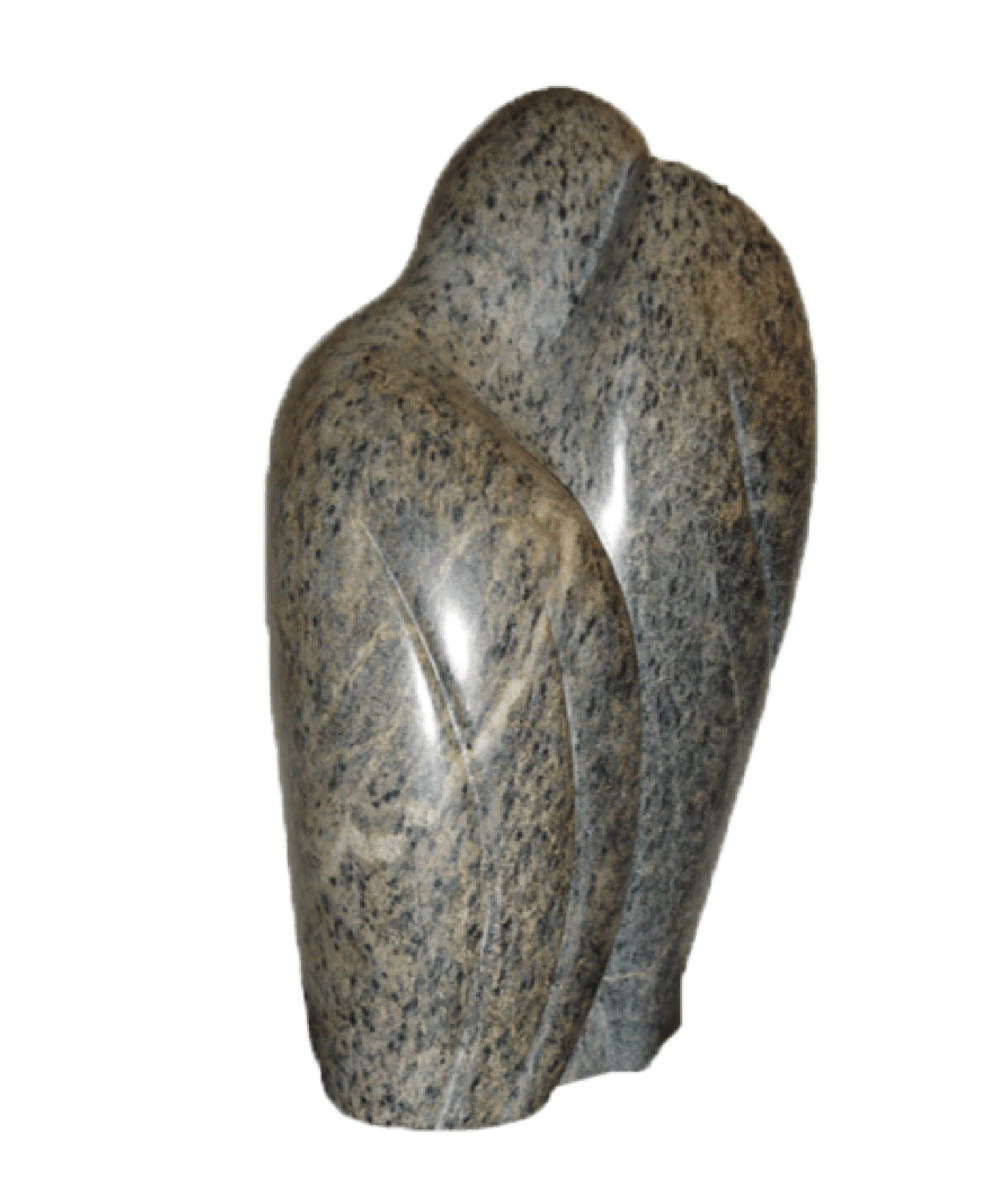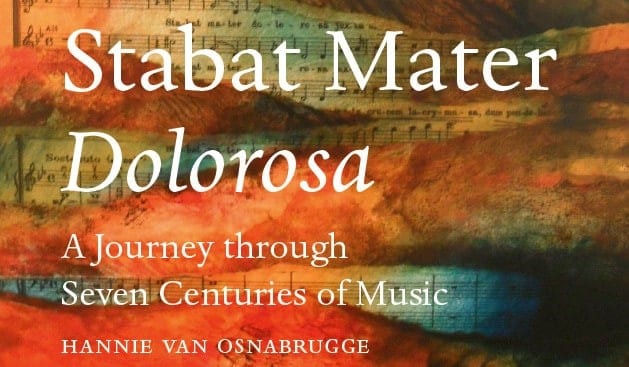Antonin Dvořák
About the composer
Antonín Dvořák (1841-1904) was born in Nelahozeves, Czechia. As the son of a village butcher he started his musical education rather late, but still, only just over thirty years of age Dvořák already was a world famous composer. Especially his Slavonic Dances contributed to his fame. He is regarded as a Czechian composer par excellence and as a representative of the Viennese School and the Romantic movement. After the death of his daughter Josefa in 1875, Dvořák composed the initial version of his Stabat Mater for four soloists, choir, and piano. He then set the work aside without orchestrating it. Soon after this, he lost two more children in 1877. At this point he returned to the manuscript abandoned the previous year. Nonetheless his Stabat Mater ends in a major key, as if in expression of hope. The style is a mixture of symphonic poem, German oratorio and Italian opera, but still it is written from the heart. A more extended description of Dvořák’s life and his Stabat Mater can be found in a lecture on Theology in Music by Rev.P.Okke Postma, which he kindly sent to me.
About the Stabat Mater
| Date: | 1877 |
| Performers: | Soprano, alto, tenor, bass, choir and orchestra |
| Length: | CD 1: 86.22 minutes, CD 2: 90.58 minutes CD 3: 82.46 minutes |
| Particulars: | The longest Stabat Mater that I know of. The composition is divided into 10 sections. The text is full of repetitions, in words, sentences or complete stanzas, that are sung separately, together or mixed with other stanzas. The substance of Dvořák's setting is not the treatment of individual words or ideas in the text, but rather the expression of the poem's basic moods and visions. |
| Textual variations: | The "Analecta"-text is used, with only one small variation: |
| Colour bar: |
Information about the recording
| CD1: | Deutsche Grammophon 453 025-2 (2 CDs): Dvořák, Stabat Mater * Legends |
| More info: | Two major works of Dvořák. Recorded at the Hercules-Saal, München, in September 1976 |
| Orchestra: | Symphonie-Orchester des Bayerischen Rundfunks |
| Choir: | Chor des Bayerischen Rundfunks |
| Conductor: | Rafael Kubelik |
| Soloists: | Edith Mathis, soprano |
| Other works: | Antonin Dvořák: Legends |
| Code: | Unknown (DVO 01) |
| CD2: | STM 981 (2 CD’s): Dvořák, Stabat Mater |
| More info: | The recording of the first concert organized by the Dutch Stabat Mater Foundation. |
| Orchestra: | Orchestre Philharmonia de Paris |
| Choir: | Choeur Symphonique de Paris |
| Conductor: | Xavier Ricour |
| Soloists: | Marie-Paule Dotti, soprano |
| Other works: | none |
| Code: | 1999 (DVO 02) |
| CD3: | KRO ES47.407 (2 CD’s): Dvořák, Stabat Mater |
| More info: | The recording of the fourth concert organized by the Dutch Stabat Mater Foundation. |
| Orchestra: | Het Brabants Orkest |
| Choir: | Brabant Koor |
| Conductor: | Jan Willem de Vriend |
| Soloists: | Eva-Maria Westbroek, soprano |
| Other works: | Gregorian chant: Stabat Mater |
| Code: | 2001 (DVO 03) |
Listen
About the Stabat Mater
| Date: | 1876 |
| Performers: | Soprano, alto, tenor, bass, choir and piano |
| Length: | 62.39 minutes |
| Particulars: | Dvořák composed a complete Stabat Mater for four solists and piano. It is the initial version of his famous Stabat Mater for orchestra. I think I love it, still more than the "official" version he made one year later for orchestra. Wonderful! This initial version has only seven sections. |
| Textual variations: | Stanzas 12 -15 have been omitted In this original Stabat Mater version. |
| Colour bar: |
|
Information about the recording
| CD1: | Stabat Mater Foundation 2017 |
| More info: | I am very happy to add this CD to my collection. This initial Stabat Mater by Dvořák is rarely performed. The CD is a recording of the annual concert of the Stabat Mater Foundation in Oirschot in the first weekend of April 2017. |
| Choir: | Brabant Koor |
| Conductor: | Louis Buskens |
| Soloists: | Renate Arends, soprano |
| Other works: | Antonio Draghi, Stabat Mater |
| Code: | DVO2-01 |






